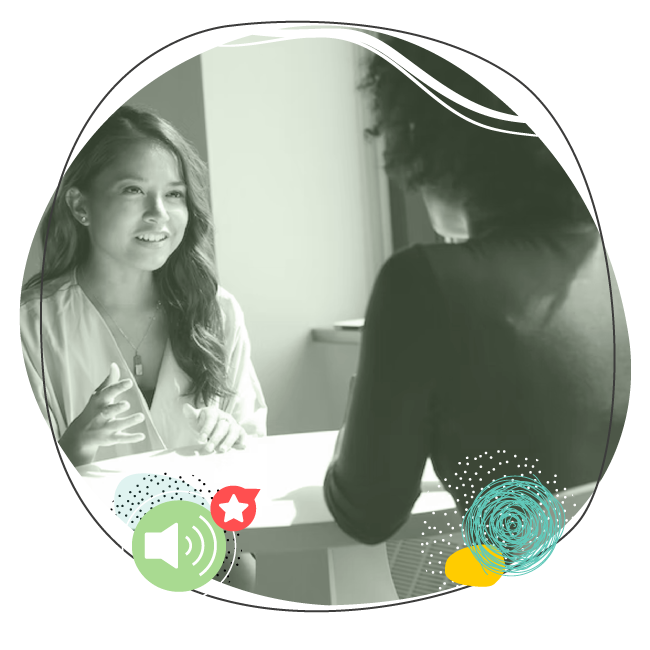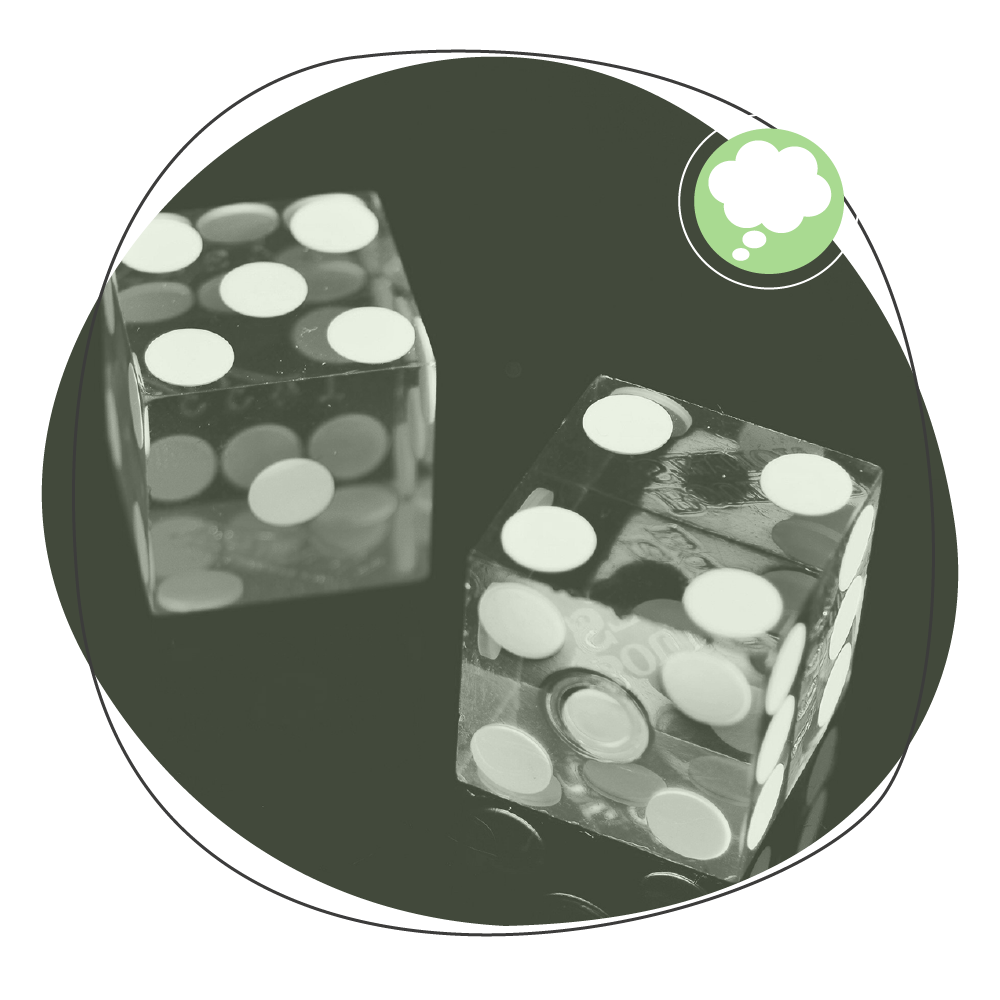

You already learned about two types of conditionals, but some concepts are still left to review. Listen closely to the following information:

This conditional allows you to describe actions or events that are not true when speaking or writing about them.
Look at the following sentences:
The previous sentences describe imaginary situations that are unlikely to happen. Analyze each of them carefully:
The phrases above can also be taken as situations that are not true. Other examples similar to these are:
The second conditional is also employed to give advice, which is provided using indirect language to avoid sounding authoritative or aggressive.
Look at the following sentences:
As you can see, the person who offers advice puts themselves in the place of the one receiving it.
A person can’t become someone else, but the purpose of this type of conditional is to show empathy for others.
The second conditional contains two clauses, a requirement and a result. Still, their tenses differ from those used with zero and first conditional sentences. Pay attention to its structure:
Remember that if is always part of the requirement, and the verb in this clause must be in simple past. Also, don’t forget to use a verb in the present form after the modal would.
In second conditional sentences, the verb in the requirement is in simple past because it represents the subjunctive mood, which is not a tense but a way to show the speaker’s attitude towards the information expressed. There are three different grammatical moods both in English and Spanish:
Now that you have learned the second conditional, read a text with this conditional to practice.
Instructions: Read the following text and identify the second conditional clauses.
If I Won the Lottery
I can imagine what my life would be like if I won the lottery. Wow! I could do so many things, and my life would be different. I would love the chance to change my life with money. The first thing I would do is buy a big, new house. I live in a small apartment and have always dreamed of living in a big house in the country. With all that money, I could buy anything I wanted. I don’t have a car right now, so I would buy a new one. Or, I might even buy a new motorcycle. I like them and can imagine driving down the highway and feeling the wind in my hair.
Of course, if I won the lottery, I would give some of the money to charity. I would probably give my money to a charity that helps sick children. Also, if my friends needed anything, I could help them pay for it. I know many students with loans, and I could help with their debt. That would make them very happy. Plus, if I won a lot of money, I would certainly save some of it in the bank.
Also, I would open a business if I won a massive amount of money. I love cooking and have always wanted to open a restaurant. With all that money, I could open a fancy eatery.
However, I know that one thing I would not do is travel. I have a friend who won $100 000 in the lottery three years ago. She took the money and traveled for three months. I think she is crazy. Traveling is nice, but then she had nothing left after her vacation.
The only problem with dreaming about the money I could win is that I have never even played the lottery before. As people say: “You can’t win if you don’t play.”
In the reading, identify all clauses with the second conditional.
In Spanish, the grammatical moods are written quite differently than in English. They only have slight differences. Check the following sentences:
In a few words, the subjunctive mood is used in the past tense because it expresses unreal or hypothetical situations.
You must have noticed that the examples about giving advice had an odd element, just like this sentence below:
 If I were you, I would exercise more.
If I were you, I would exercise more.
Generally, the past form of to be that corresponds to I is was. However, were is used for all the subjects in the subjunctive mood.
Would you like to listen to some examples? Pay attention to the video below:
In second conditional sentences, the clause expressing the result includes would as a modal verb, which provides a sense of probability. In the negative form, this term follows this structure:
Example:
Instead of would, you can also use words like could or might. Check out these sentences:
Remember that you can always change the order of the clauses. Still, both of them have to keep their corresponding tenses and components. Look at this information:
Keep in mind that the contraction of would ('d) is frequently used when speaking, especially in informal contexts.
You will review your speaking skills using the second conditional.
Instructions: Repeat the following sentences to practice the correct pronunciation and structure.
The main difference between these structures is that the first conditional expresses real or substantial possibilities. In contrast, the second conditional applies to imaginary situations that are unlikely to happen.
Differences between Conditionals
The differences in the structure of these conditionals are evident. The main problem is their use since they have very similar functions. So, to avoid any mistakes, you must carefully analyze what you wish to express.
Check their contrast in the following chart:
Instructions: Create a chain story to practice the second conditional. The question to respond to the first statement is: What would happen if you never had to sleep? Remember to verify your spelling and grammar.
Example:
The second conditional is used to imagine present or future situations that are impossible or unlikely.
Pay attention to the following dialogue that uses this conditional.
Dialogue Using Second Conditional
Instructions: After listening the conversation, choose the correct option.
The differences among these conditionals are minimal. They mainly differ in use rather than structure. If you continue practicing, you will find the third conditional easier to understand, which will be reviewed in the next lesson.
It is time to test yourself. After studying the contents of this lesson, use what you learned to complete this assessment.
Instructions: Answer the sentences below with the best option.